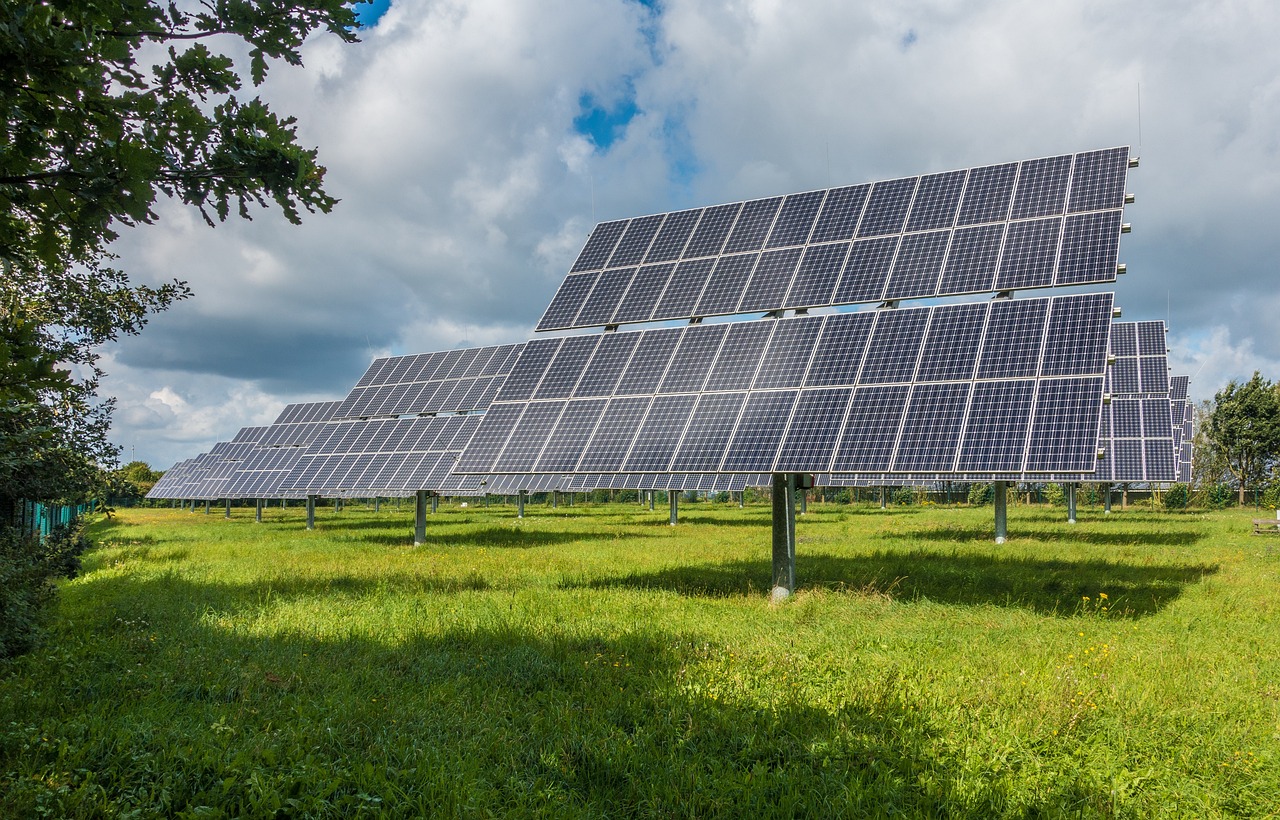The Belgian solar power industry closely monitors Longi’s company restructuring
Source: The Brussels Times
Author: Nick Amies
Editor: Axelle Geelen

Longi, the world’s leading solar panel manufacturer, announced a cut of its workforce by 30%, affecting tens of thousands of employees. Amidst a challenging global economic environment, this decision casts a pall over the solar industry at large.
Longi Green Technology Energy Co., with its headquarter in China and a workforce numbering around 80,000 last year, faces the prospect of laying off up to 24,000 workers. This move reflects broader issues within China's solar sector, responsible for more than 70% of the world's solar module production, which has seen a series of layoffs and a pause in investment in recent months.
The photovoltaic (PV) panel industry is dealing with severe competition, dropping prices, and an oversupply problem. Prices for solar panels hit a record low in 2023, decreasing by about 50% over the preceding two years. Although this price reduction led to a surge in demand and an unprecedented 56 gigawatts of solar capacity installed in Europe in 2023, it forced manufacturers to sell at minimal profit margins.
Furthermore, the Inflation Reduction Act in the United States, which heavily subsidizes domestic solar panel production, has shifted demand away from Chinese manufacturers. Export restrictions based on forced labor allegations have further compelled Chinese companies to pivot towards European markets, intensifying the oversupply and leading to significant inventory buildups.
Despite these challenges, optimism remains for a recovery in China's solar industry by the end of the year, with Longi expected to successfully navigate the difficulties. The company's dominant market position and significant cash reserves of approximately €6.7 billion as of 2022 are seen as key factors in its resilience.
Belgian companies are keenly observing these developments, as solar energy gains prominence in Belgium. The country saw a record-setting year for solar panel installations in 2023, with notable increases in both Wallonia and Flanders. However, despite progress, Wallonia's pace of installation raises concerns, with experts calling for structural increases in installations to meet the ambitious 2030 targets set in the National Energy and Climate Plan. Challenges in Wallonia and Brussels, particularly the decline in installation rates in 2023, highlight the urgency for measures to encourage further growth in solar energy installations. The potential impact of production deficits from leading manufacturers like Longi on Belgium's renewable energy ambitions underscores the significance of these developments for the country's energy sector.

